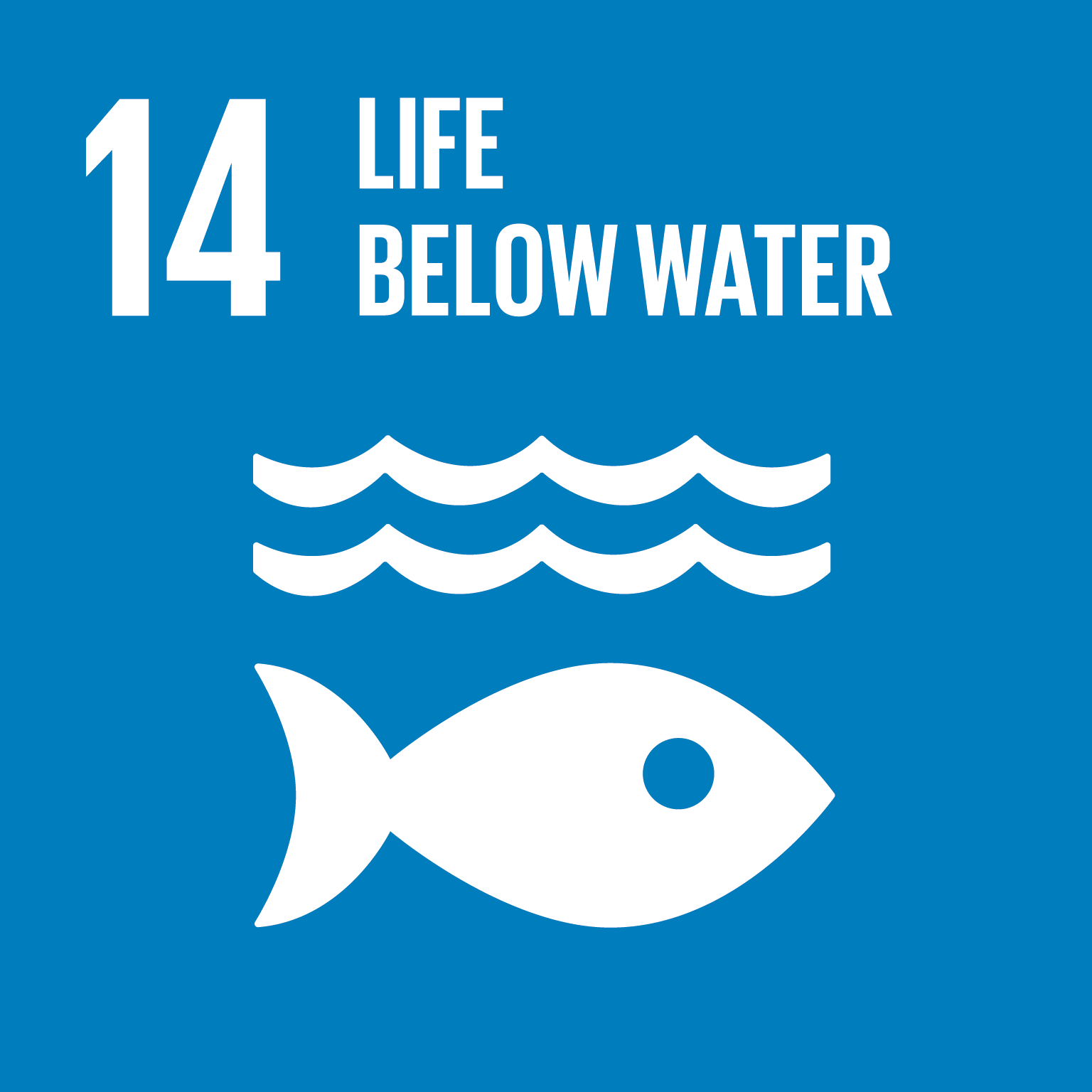Chemistry with Biophysical Chemistry is one of the degree subjects available through the Chemistry stream in the common entry Science course. Students study similar modules for all degree subjects in the Chemistry stream in first year and will study modules for a minimum of two degree subjects in second year. At the end of second year, students choose their degree major. Assuming students meet all the academic requirements in first and second year, students are guaranteed a degree subject from the stream they are studying in second year. We do our best to ensure that students go on to study their top degree subject choice. As we offer plenty of degree subjects in each stream, students have a number of similar degree subjects to choose from as their degree major. For more information on choosing a degree major at the end of Second Year, visit the Chemistry Sciences stream page.
This is a sample set of modules that a Chemistry with Biophysical Chemistry student could study each year in UCD.
First Year
Scientific Enquiry • Basis of Organic & Biological Chemistry • Basis of Inorganic Chemistry • The Molecular World • Cell Biology & Genetics • Linear Algebra for Science • Calculus for Science • Optional Science Modules • Elective Module
Second Year
Organic Chemistry • Physical Chemistry • Basis of Inorganic Chemistry • Functioning of Biomolecules • + modules for 1 other Science Subject • Elective Modules
Third Year
Quantum Mechanics • Instrumental Analysis • Carbonyl Chemistry & Synthesis • Structure Determination & Aromatic Heterocyclic Chemistry • Mechanism & Stereochemistry • Symmetry & Computational Chemistry • Organometallic & Solid State Chemistry • Soft Matter & Interfacial Chemistry • Chemical Thermodynamics & Physical Transformations • Advanced Transition Metal Chemistry • Optional Modules in Biomolecular, Organic & Inorganic Chemistry • Elective Modules
Fourth Year
Research Project • Electrochemistry • Nanomaterials Chemistry • Special Topics in Biophysical Chemistry • Advanced Topics in Physical Chemistry • Optional Modules in Biomolecular, Organic & Inorganic Chemistry
Timetables & Assessment
Each student will have their own timetable based on their individual module selection. This is a full-time course and classes may include lectures, practicals and tutorials, depending on the subjects. Students will also be expected to study independently (autonomous student learning). Assessment varies with each module but may comprise continuous assessment of practicals, written exams and online learning activities.








